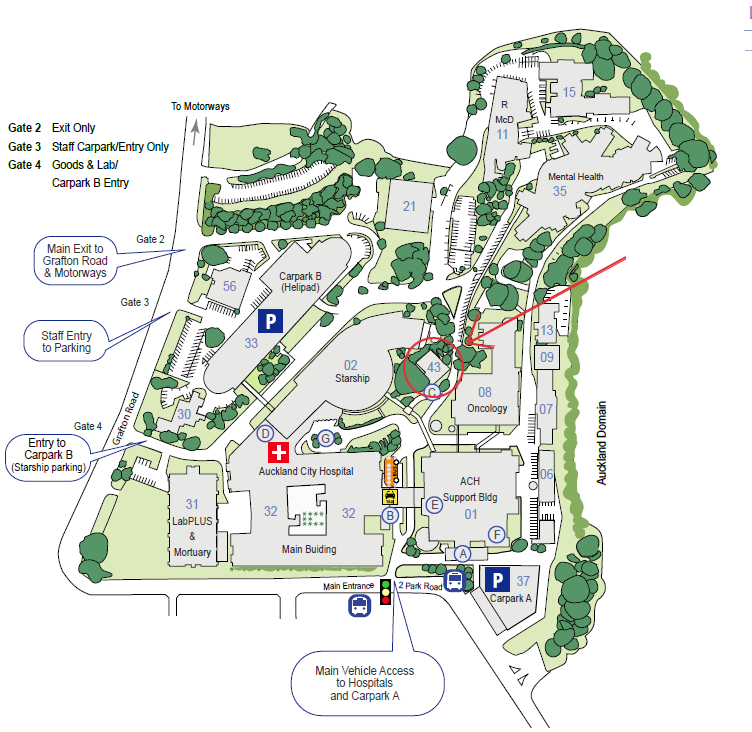Title
Victor Horsley: the founder of scientific neurosurgeryPresented by
David Abernethy, Neurologist and Clinical Senior Lecturer, University of Otago, WellingtonAbstract
Victor Horsley was a physiologist, surgeon, pathologist, researcher, constant innovator, mentor and internationally recognised leader in his field. Early in his career he ran an animal research facility where he investigated rabies for the British Government, advising on effective measures for its control. thyroid physiology and performed the first transcranial pituitary surgery. He took knowledge gained from cortical stimulation and ablation studies in primates combined with the surgical techniques and skill those studies required, Lister’s new antiseptic principles, and innovations in anesthesia and applied them to astonishingly successful treatment of patients with epilepsy, space occupying lesions and spinal cord compression. He became if not the first neurosurgeon, the first and justly most famous truly scientific neurosurgeon. He was also a brave and visionary medical leader, reorganising the MDU to better protect doctors, persuading BMA of the value to patients and to their own self interest, of Lloyd George’s detested national insurance, a loud and unpopular proponent for reform of the GMC while a member, and of the College of surgeons, and a somewhat counter-productive scourge of the anti-vivisectionists. He was an indomitable advocate for the disadvantaged, unjustly treated and oppressed, even when their cause was highly unpopular and whatever the personal cost. He died prematurely age 59, during WWI, of heat stroke in Kut while investigating and railing publicly against the appalling state of the medical care of the poorly led Indian army soldiers.
Presenters
Dr David Abernethy, FRACP
David graduated from Otago medical school in 1979 and trained in Wellington where his mentors were Jack Bergin, Dick Hornabrook, and Lindsay Haas. He did experimental work on peripheral nerve regeneration at the Royal Free Hospital with PK Thomas under an educational paradigm similar to that followed by Horsley, who was one of its most outstanding products. David’s early training antedated high quality imaging of the nervous system, when diagnosis depended almost entirely on history taking and examination, with its accuracy revealed post mortem, much as it did for Horsley. From 1991 until retirement in 2020 he was senior lecturer, more lately clinical senior lecturer, at the University of Otago, Wellington; and consultant neurologist at Wellington regional hospital.



